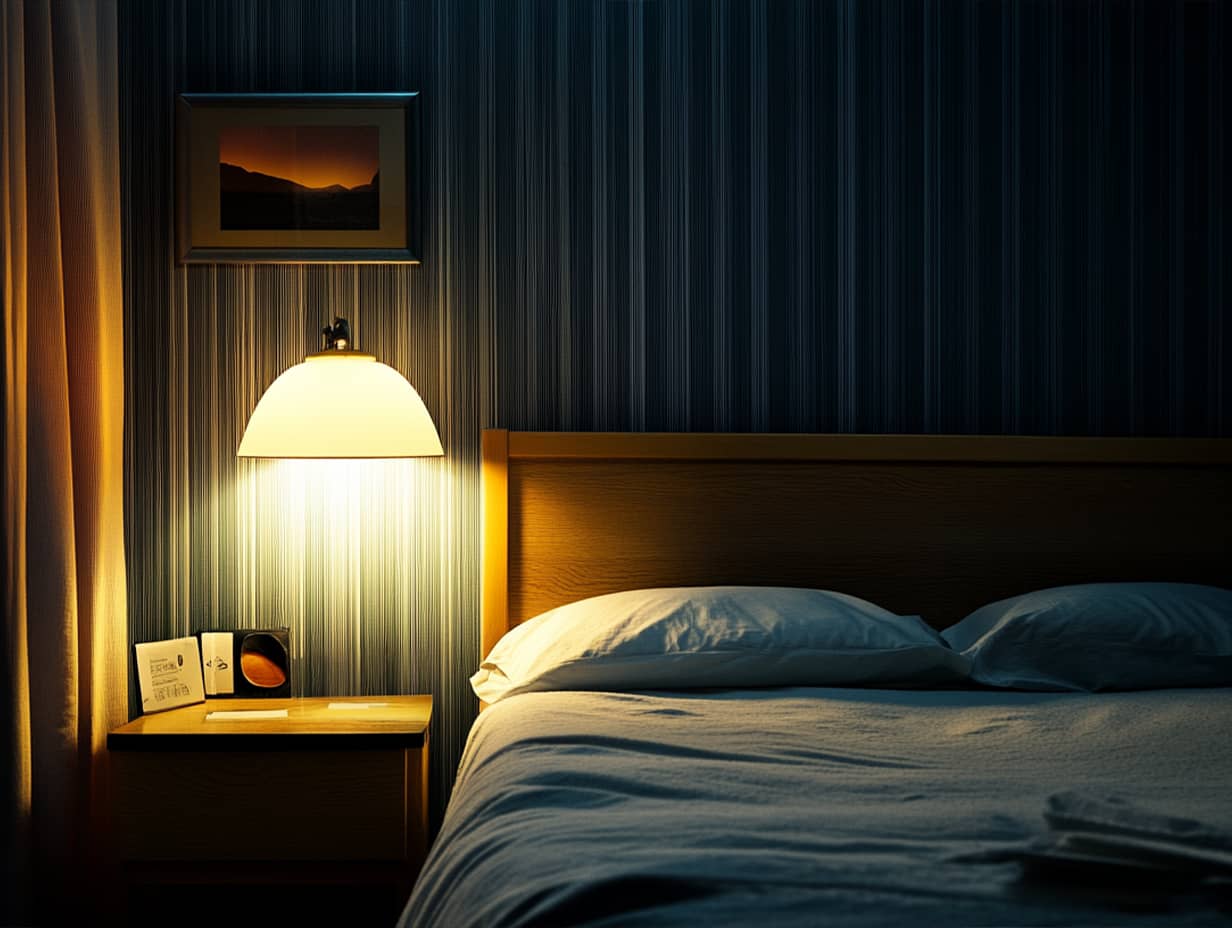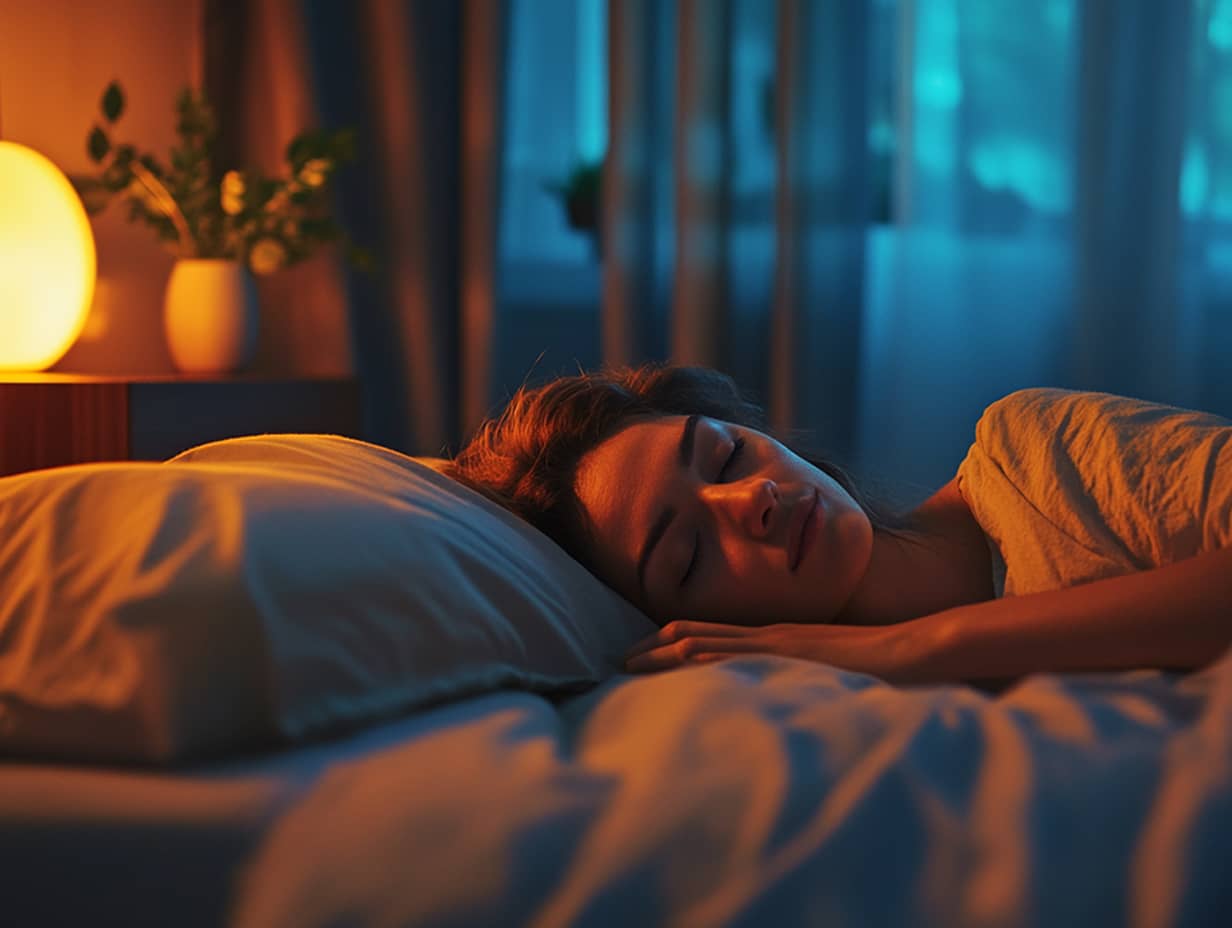Optimizing Sleep for High-Performance Athletes
Sleep Health
Oct 3, 2024
Share this blog:
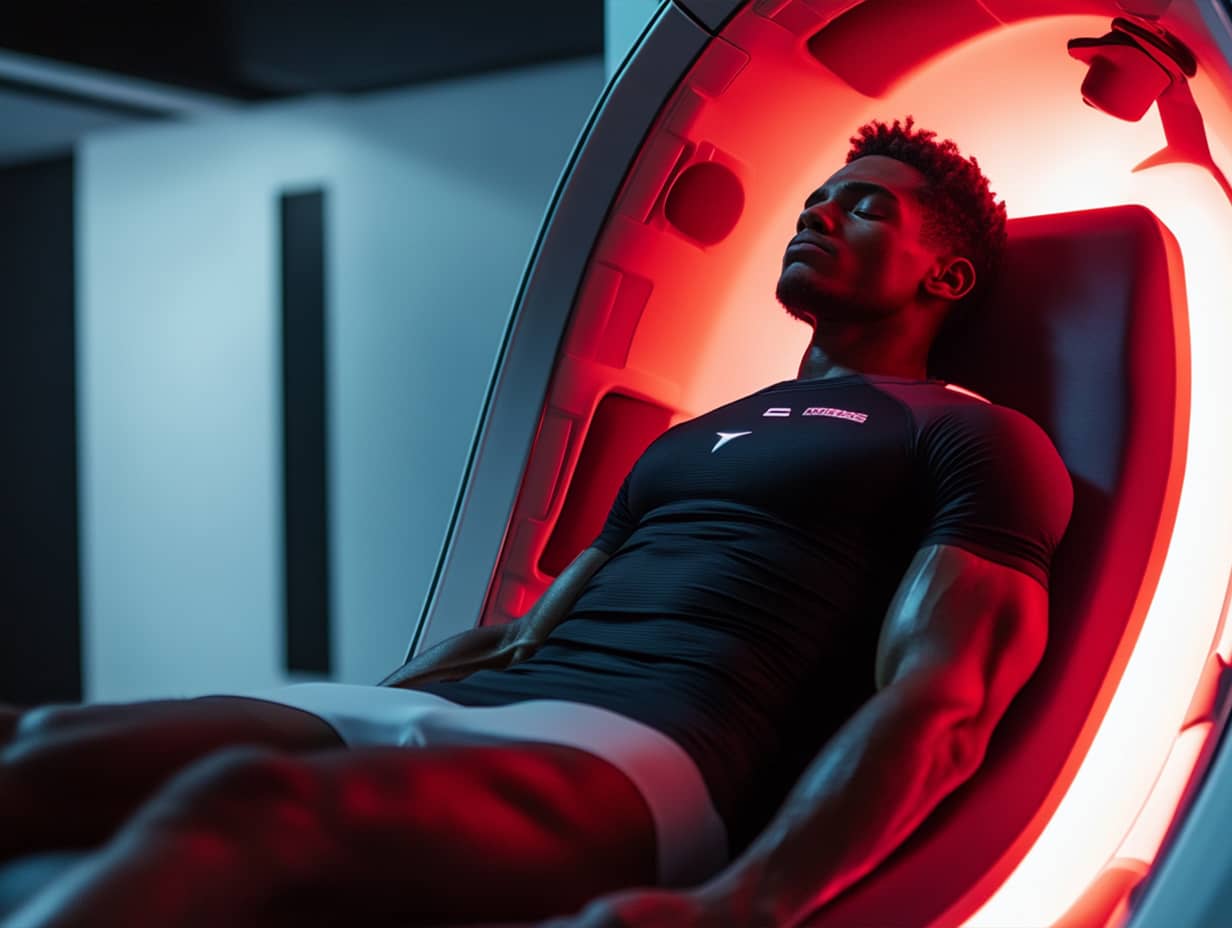
The Sleep-Performance Connection for Elite Athletes
When LeBron James one of basketball's greatest players, revealed he sleeps an average of 12 hours a day. This sparked a conversation about the importance of sleep for athletic performance. This isn't just about getting enough rest. It's about leveraging sleep as a powerful tool for peak performance.
Sleep for athletes isn’t a luxury—it's a necessity. It's during those crucial hours of slumber that the body repairs itself. It also consolidates memories and prepares for the next day's challenges. But here's the kicker: it's not only about quantity; it's about quality.
Enter the concept of 'sleep optimization' for athletes. This isn't your run-of-the-mill sleep advice. We're talking about fine-tuning your circadian pacemaker to align with your training schedule, timing meals, and creating a great sleep environment.
Here's the bottom line: optimizing sleep can significantly enhance athletic performance. It also enhances recovery and overall health. This optimization isn't only about avoiding the pitfalls of sleep deprivation. It's about harnessing the power of sleep to give you that competitive edge. When you optimize your sleep, you'll experience:
Improved reaction times
Enhanced muscle recovery
Better decision-making on the field
These are just a few of the benefits that come with prioritizing sleep health. So, are you ready to take your performance to the next level? Let's dive into the world of sleep optimization for athletes.
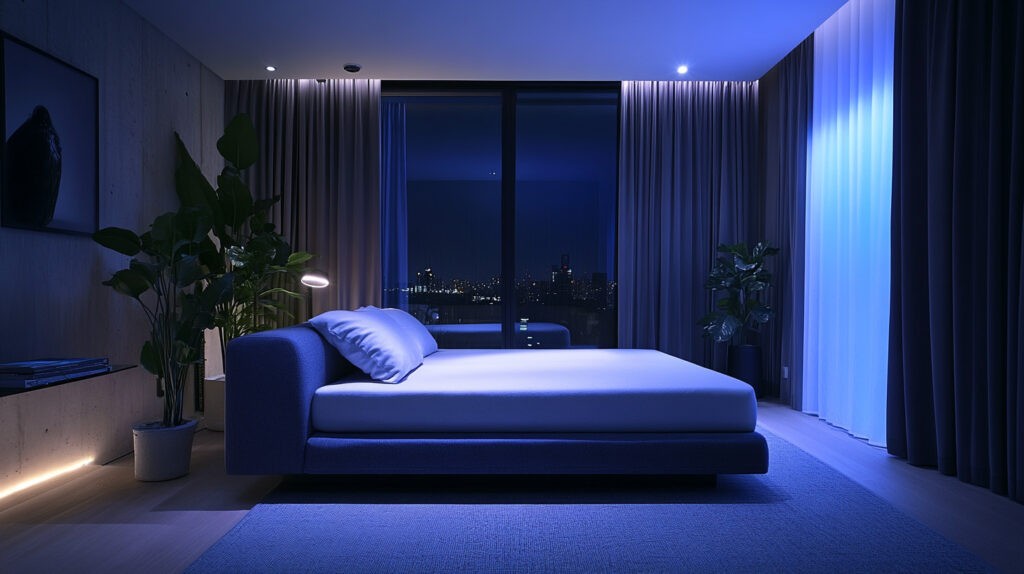
How Much Sleep Do Athletes Need?
As a high-performance athlete, your sleep needs are as unique as your training regimen. While the average adult requires 7-9 hours of sleep, athletes often need 9-10 hours. This increased need stems from the intense physical demands placed on your body.
Sleep plays a crucial role in muscle recovery and growth. During deep sleep stages, your body releases growth hormones. This is essential for repairing and building muscle tissue. Without sufficient sleep, you'll feel tired while hindering your body's ability to adapt to training stimuli.
Your training schedule can impact your circadian pacemaker. Early-morning workouts or late-night competitions can disrupt your natural sleep-wake cycle. It's crucial to manage your circadian rhythms by maintaining consistent sleep and wake times, even on rest days.
The consequences of sleep deprivation on athletic performance are profound:
Decreased reaction time and decision-making ability
Reduced endurance and faster time to exhaustion
Impaired glucose metabolism and glycogen replenishment
Increased risk of injury due to fatigue
Remember, how much sleep athletes need isn't just about quantity - it's about quality and timing. By prioritizing your sleep health, you're recovering and enhancing your athletic potential. Synchronizing your circadian rhythms with your training schedule is key to unlocking peak performance.
Why Does a Lack of Sleep Affect Your Body's Performance?
Understanding why sleep for athletes is crucial can be a game-changer for performance. When you don't get enough sleep, you compromise your body's ability to function at its peak. Here's why:
Impaired cognitive function: Lack of sleep affects your decision-making abilities, reaction times, and focus. These are all critical for athletic performance.
Decreased physical performance: When sleep-deprived, your body finds it hard to sustain high-intensity efforts and proper form.
Hormonal imbalances: Sleep deprivation can lead to increased cortisol levels and decreased growth hormone production. This affects recovery and muscle growth.
Weakened immune system: Insufficient sleep can make you more susceptible to illnesses, potentially derailing your training schedule.
Remember, sleep is when your body does its most critical repair and recovery work. Without adequate sleep, you're asking your body to perform without giving it the tools to do so. By prioritizing sleep for athletes, you're avoiding these negative impacts. You're also enhancing your body's ability to adapt to training, recover faster, and perform at your absolute best.

Strategies for Optimizing Sleep Quality
As an athlete, optimizing your sleep health is crucial for peak performance. Let's dive into some key strategies to enhance your sleep and your athletic prowess.
First and foremost, consistency is king. Your circadian pacemaker thrives on routine, so aim to go to bed and wake up at the same times every day - even on weekends. This helps synchronize your circadian rhythms, making it easier to fall asleep and wake up.
Sleep hygiene isn't just about cleanliness. It's about creating an environment and habits that promote performance-enhancing sleep. For athletes, this means:
Creating a cool, dark, and quiet sleep environment
Avoiding blue light from screens at least two hours before bedtime
Using your bed only for sleep and intimate activities
Nutrition and hydration play a crucial role in sleep health. Avoid large meals close to bedtime, as this can disrupt your sleep. Instead, focus on a balanced diet throughout the day and consider a light, protein-rich snack if needed before bed.
Developing a pre-sleep routine can signal to your body that it's time to wind down. This might include gentle stretching, meditation, or reading. The key is to find activities that help you transition from the high-energy demands of your training to a state of relaxation.
Remember, why is sleep important for athletes? Because it's during sleep that your body repairs, regenerates, and prepares for the next day's challenges. By implementing these strategies, you're improving your sleep and enhancing your athletic performance.
Managing Sleep During Competition and Travel
As an athlete, managing your sleep health during competitions and travel is crucial. Good sleep health will help you maintain peak performance. The challenges of sleep disruption due to travel and time zone changes can impact your circadian rhythms. Over time, this will impact your athletic performance.
To maintain performance-enhancing sleep during competitions:
Stick to your regular sleep schedule as much as possible
Create a sleep-friendly environment in your hotel room (dark, quiet, cool)
Avoid excessive exposure to blue light before bedtime
When dealing with time zone changes, focus on synchronizing your circadian rhythms to the new environment:
Gradually adjust your sleep schedule in the days leading up to travel
Upon arrival, expose yourself to natural light during the day
Adjust your mealtimes to match the new time zone
Naps can be a powerful performance-enhancing tool. They're especially useful when adapting to new time zones or recovering from travel. However, timing is crucial. Aim for a 20-30 minute nap during the mid-afternoon lull to avoid disrupting your night sleep.
Remember, your circadian pacemaker is sensitive to light and mealtimes. By managing these factors, you can optimize your sleep and athletic performance, even in challenging travel situations.
Technology and Tools for Sleep Optimization
In the quest for performance-enhancing sleep, athletes turn to technology and specialized tools. Sleep-tracking devices have become invaluable for athletes. It's a great tool for those looking to optimize their sleep health. These gadgets provide insights into sleep duration, stages, and overall sleep architecture. This allows athletes to make data-driven decisions about their sleep routines.
However, it's crucial to approach sleep aids and supplements with caution. While some may offer short-term benefits, they can disrupt your circadian pacemaker and lead to dependency. Remember, the goal is to synchronize your circadian rhythms naturally. The goal is not to rely on artificial means to sustain sleep.
Working with sleep specialists is perhaps the most effective strategy for sleep optimization. These experts can provide personalized strategies tailored to your circadian rhythms and training schedule. They can help you:
Identify optimal mealtimes to support your sleep-wake cycle
Develop strategies for managing your circadian rhythms during travel and competitions
Create a sleep environment that promotes performance-enhancing sleep
Remember, sleep for athletes isn't just about quantity; it's about quality and timing. By leveraging technology wisely and seeking expert guidance, you can transform your sleep into a powerful performance enhancer.
Embracing Sleep as a Performance Enhancer
As we've explored throughout this article, sleep for athletes is not just a recovery tool—it's a powerful performance enhancer. By prioritizing sleep health and managing your circadian rhythms, you can unlock your full athletic potential.
Remember, performance-enhancing sleep goes beyond simply logging hours in bed. It's about:
Synchronizing your circadian pacemaker with your training schedule
Optimizing your sleep environment to sustain sleep throughout the night
Aligning your mealtimes with your body's natural rhythms
Implementing effective strategies for sleep during travel and competition
By embracing these principles, you're not just improving your sleep—you're gaining a competitive edge. Every aspect of your athletic performance, from reaction time to muscle recovery, can benefit from optimized sleep.
We encourage you to start implementing these sleep optimization strategies today. Small changes in your sleep routine can lead to significant improvements in your athletic performance over time.
Ready to take your sleep game to the next level? At Neos Performance, we specialize in personalized sleep coaching for athletes. Our expert team can help you develop a tailored sleep strategy that aligns with your unique training needs and circadian rhythms. Don't let poor sleep hold you back from reaching your full potential. Contact us today to learn more about our sleep coaching services and start optimizing your performance through the power of sleep.
Stay Informed with Dr. Landry's Monthly Health Insights
Subscribe to our monthly newsletter and stay up to date with the latest in sleep science, nutrition to optimize your health and performance. Join our community and take the first step towards a healthier you!
Discover Your Sleep Quality
Free Assesment
Uncover how well you’re really sleeping and get personalized tips to improve your rest and overall health. Take the first step towards better sleep with our free assessment.
